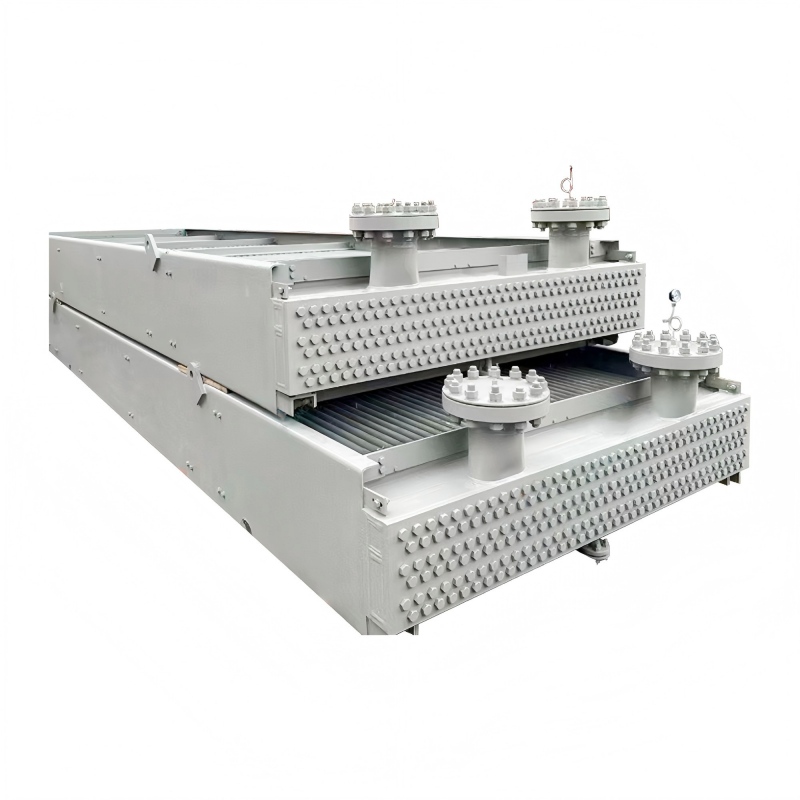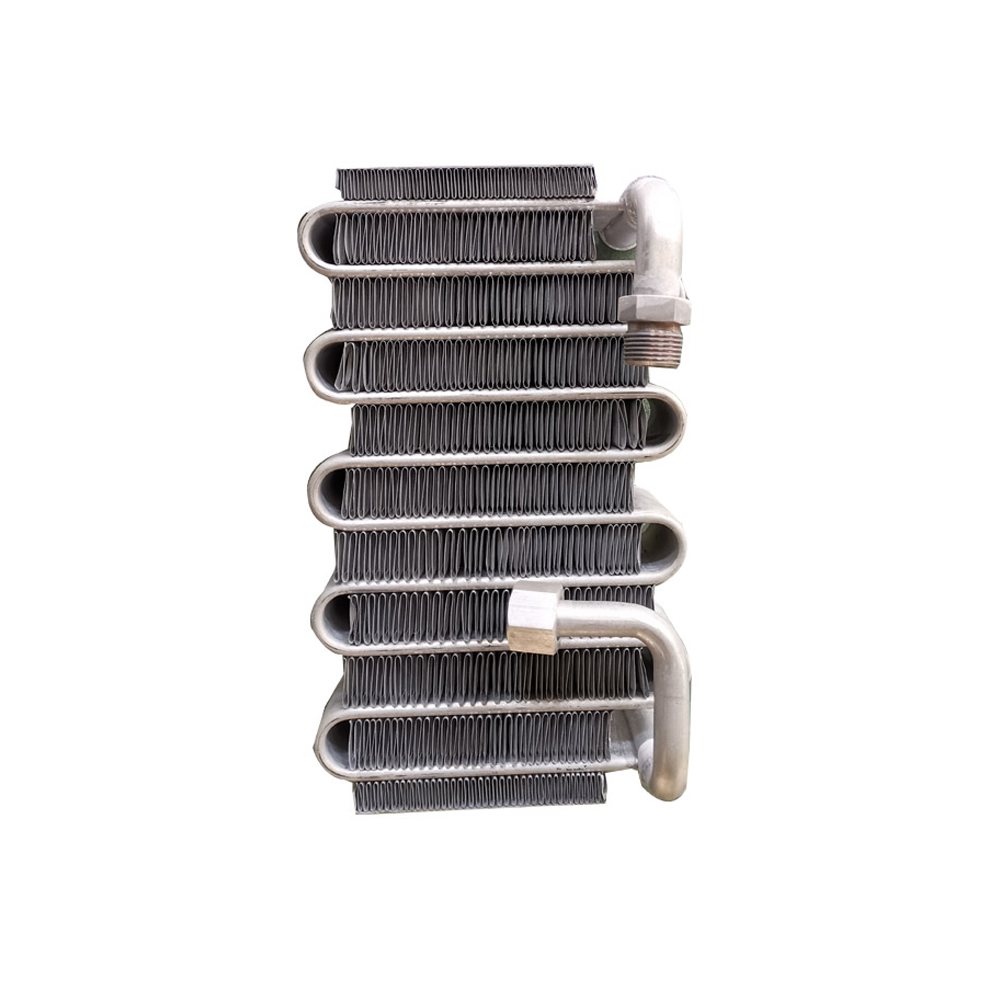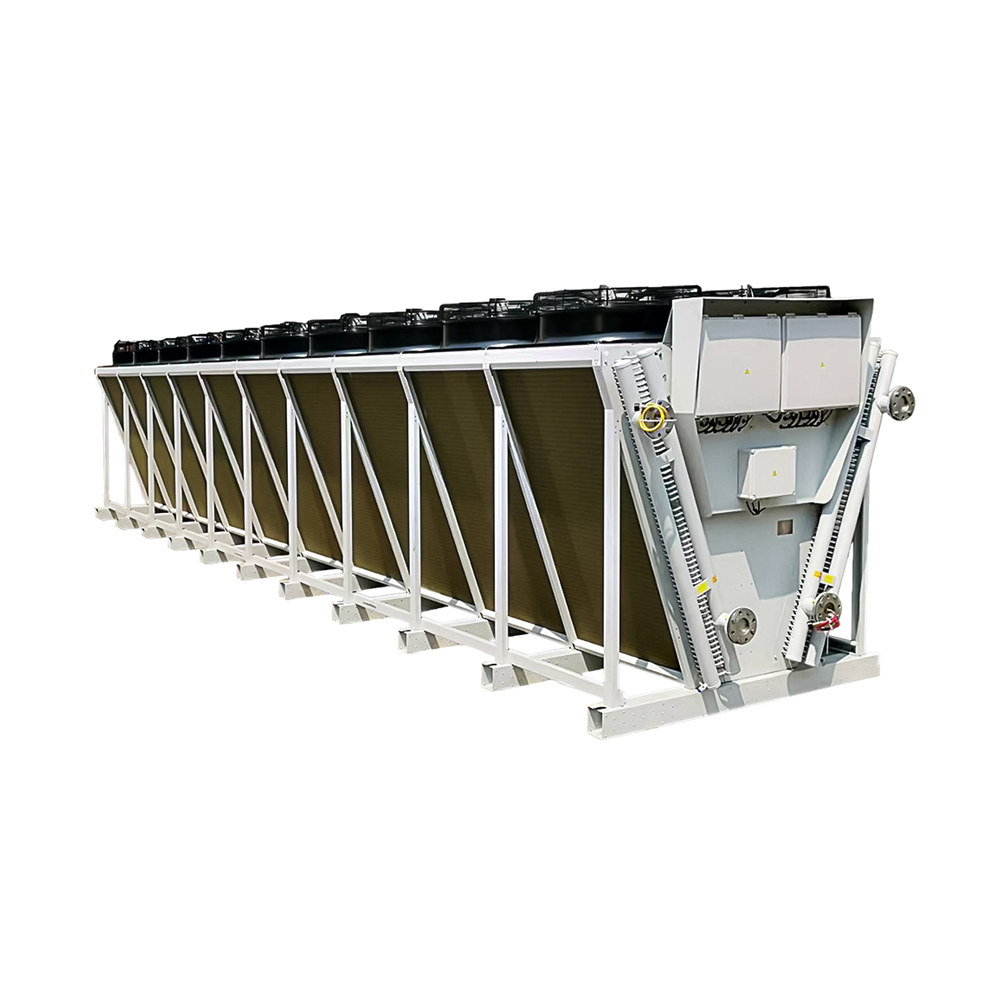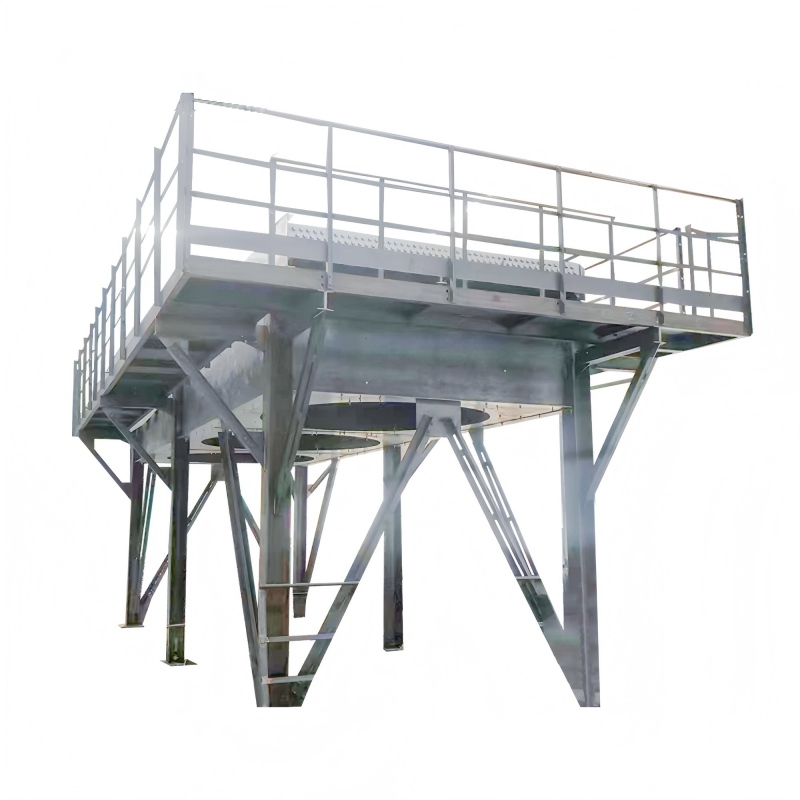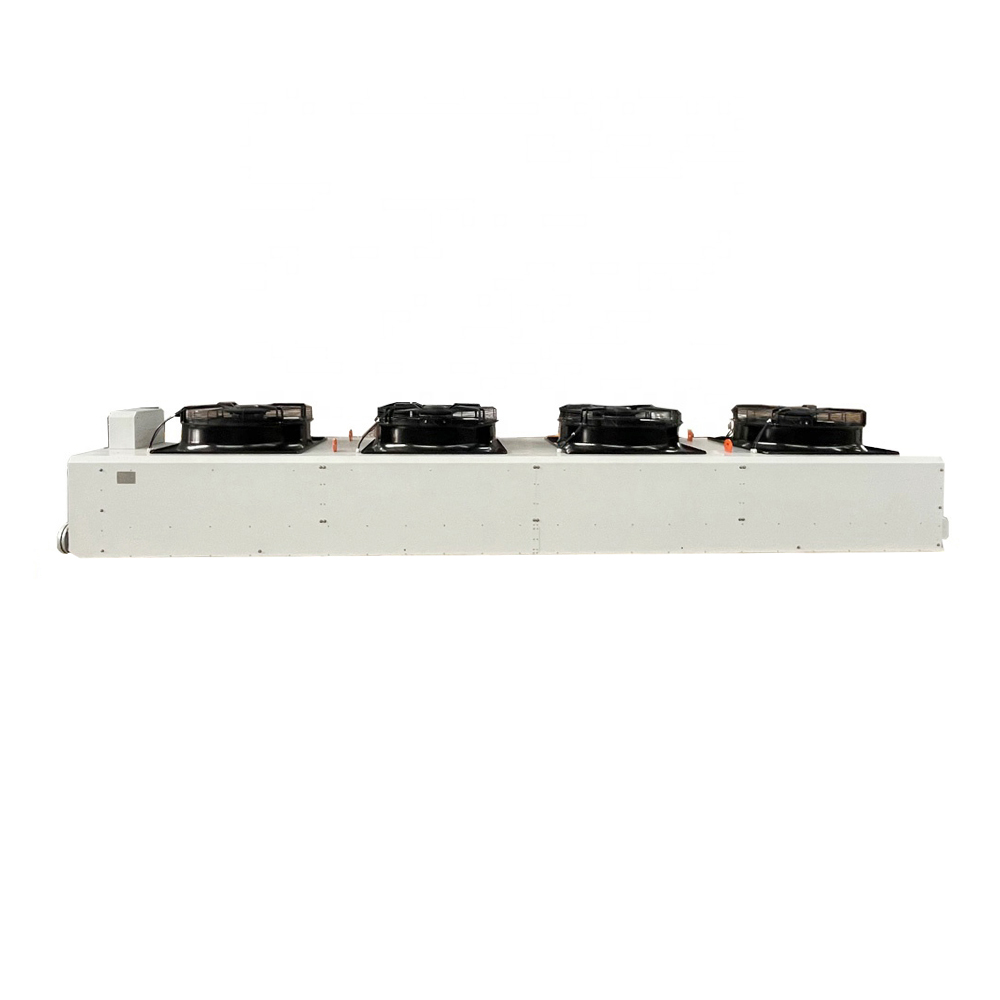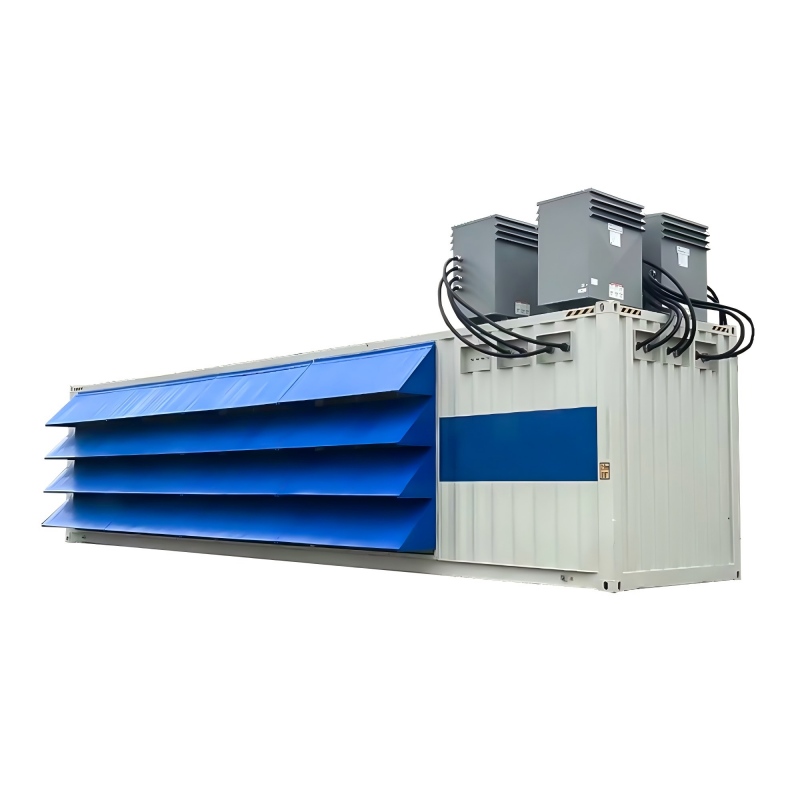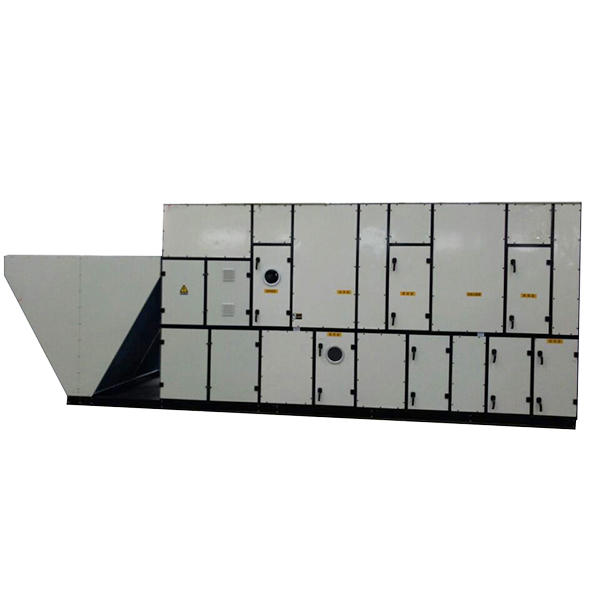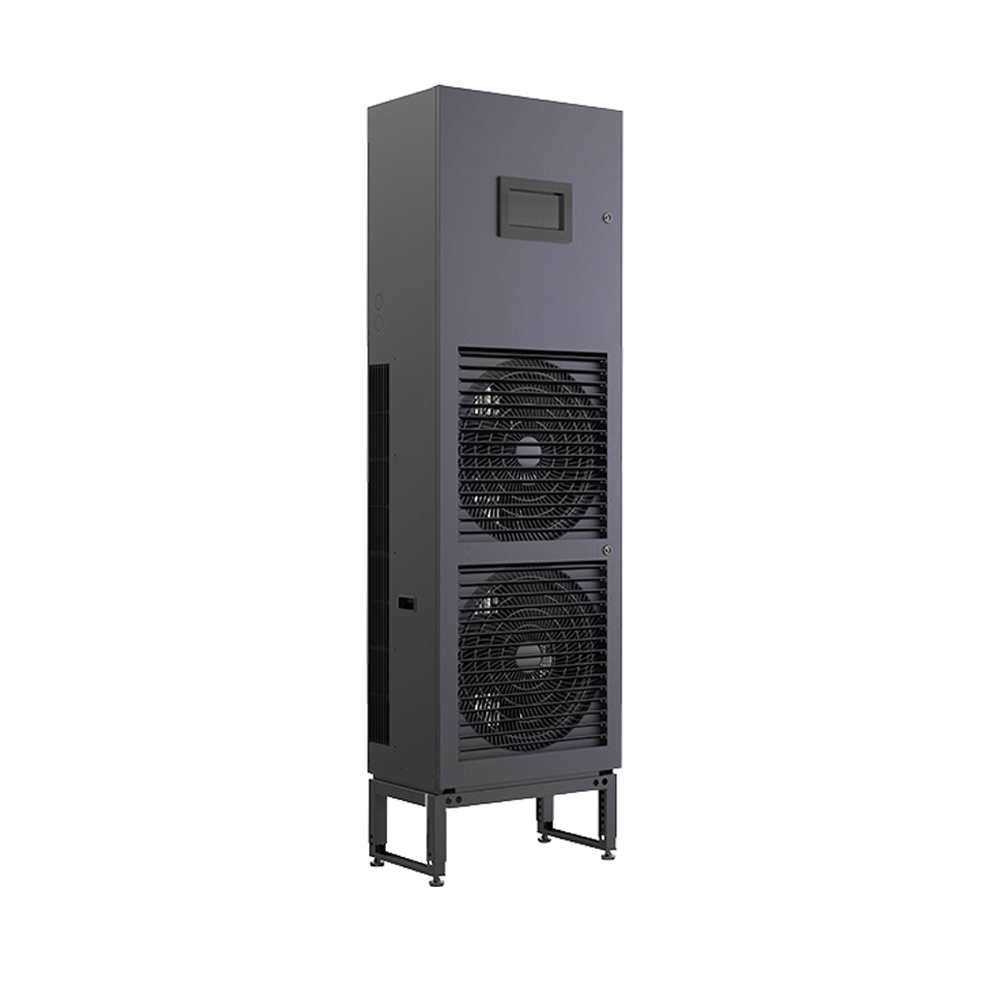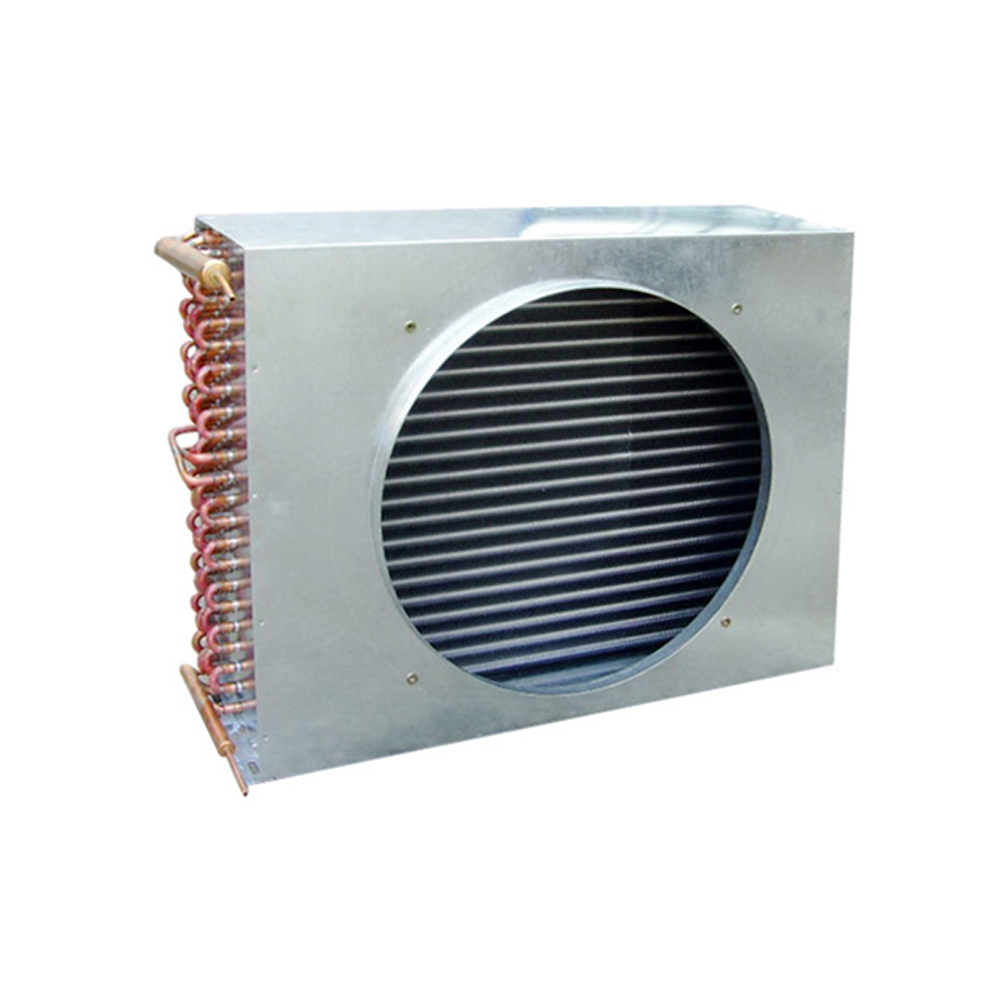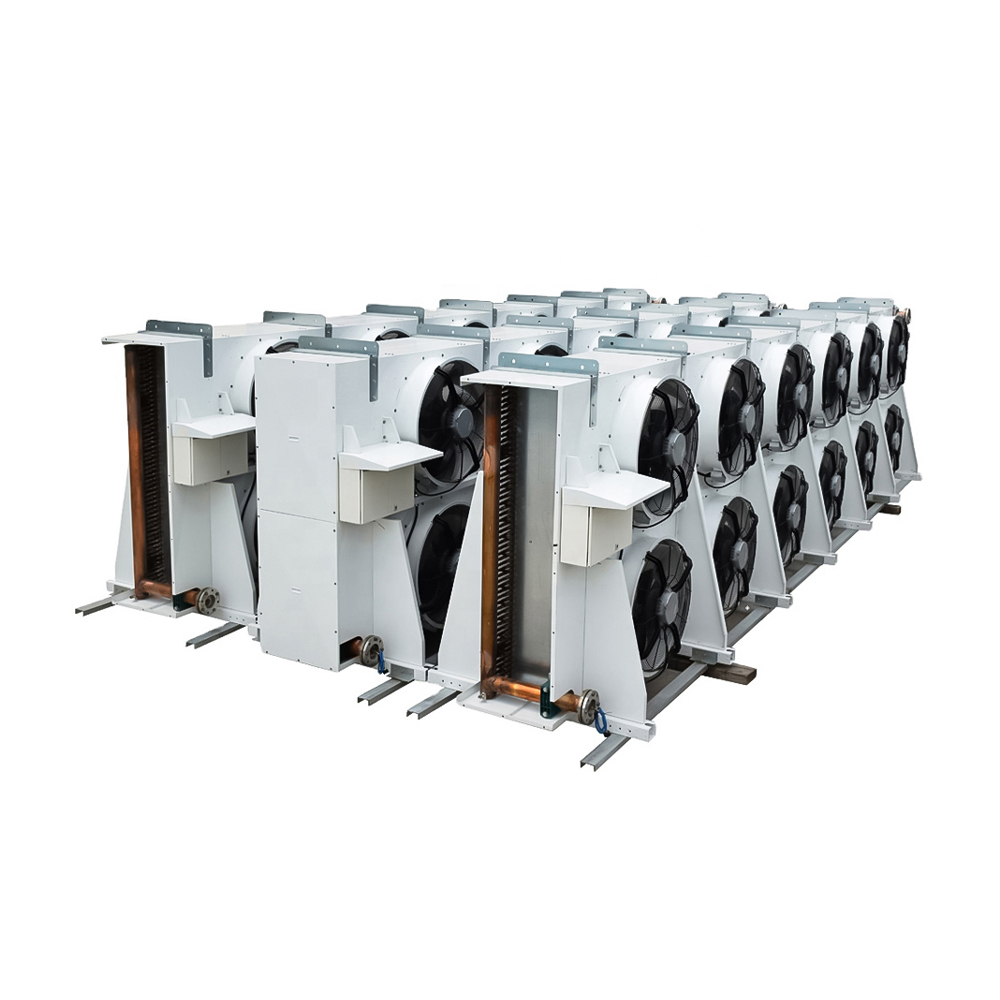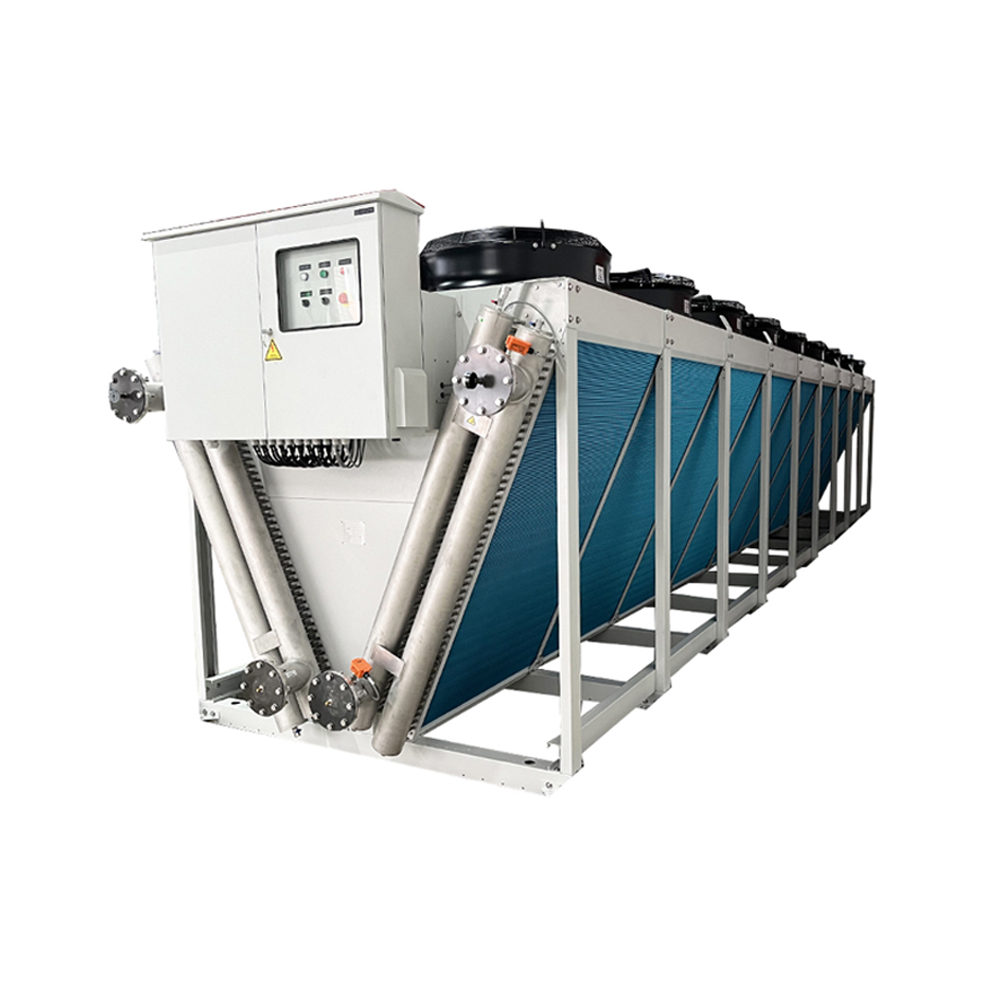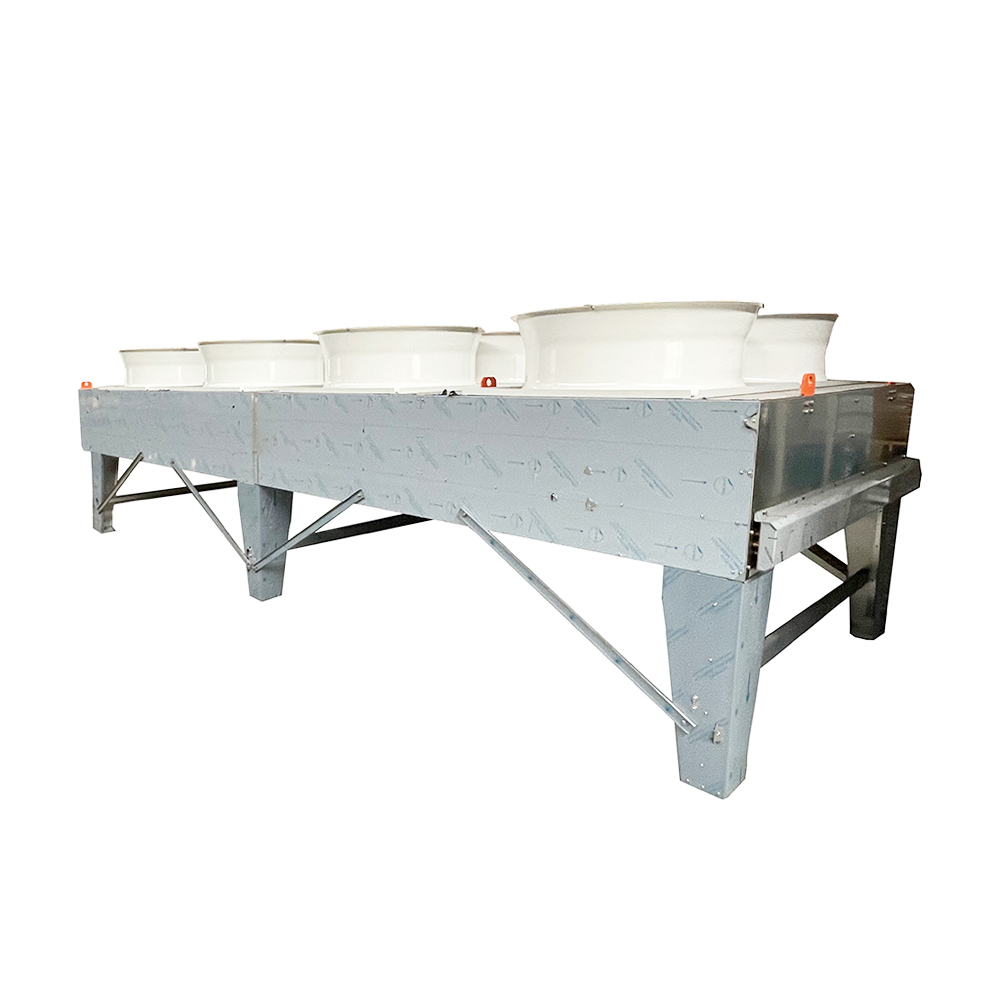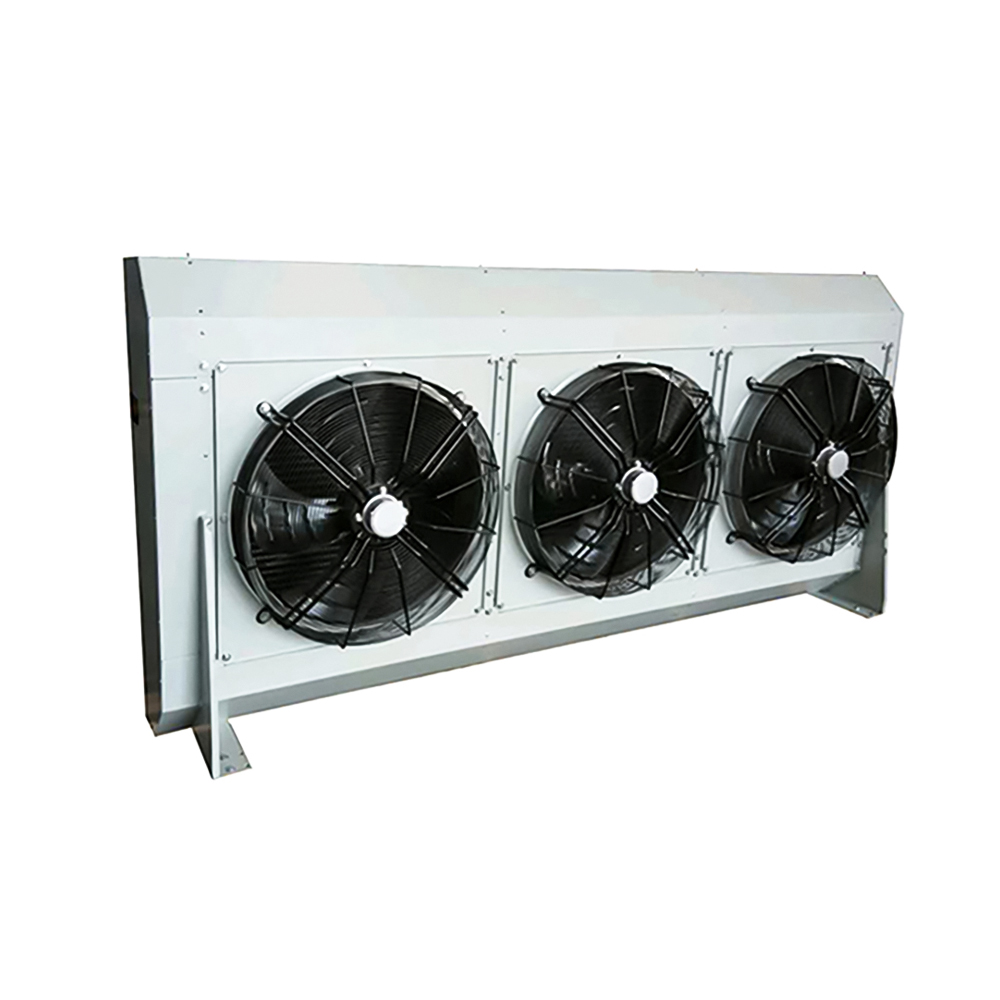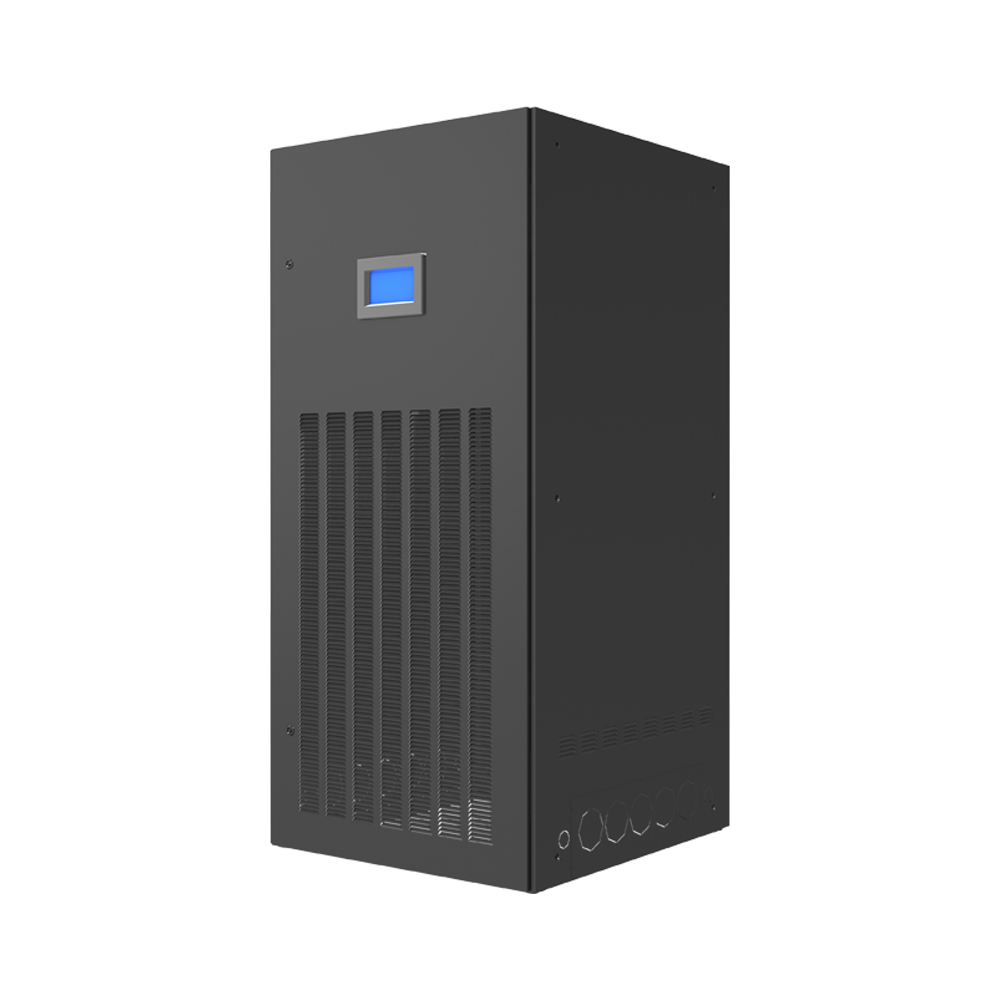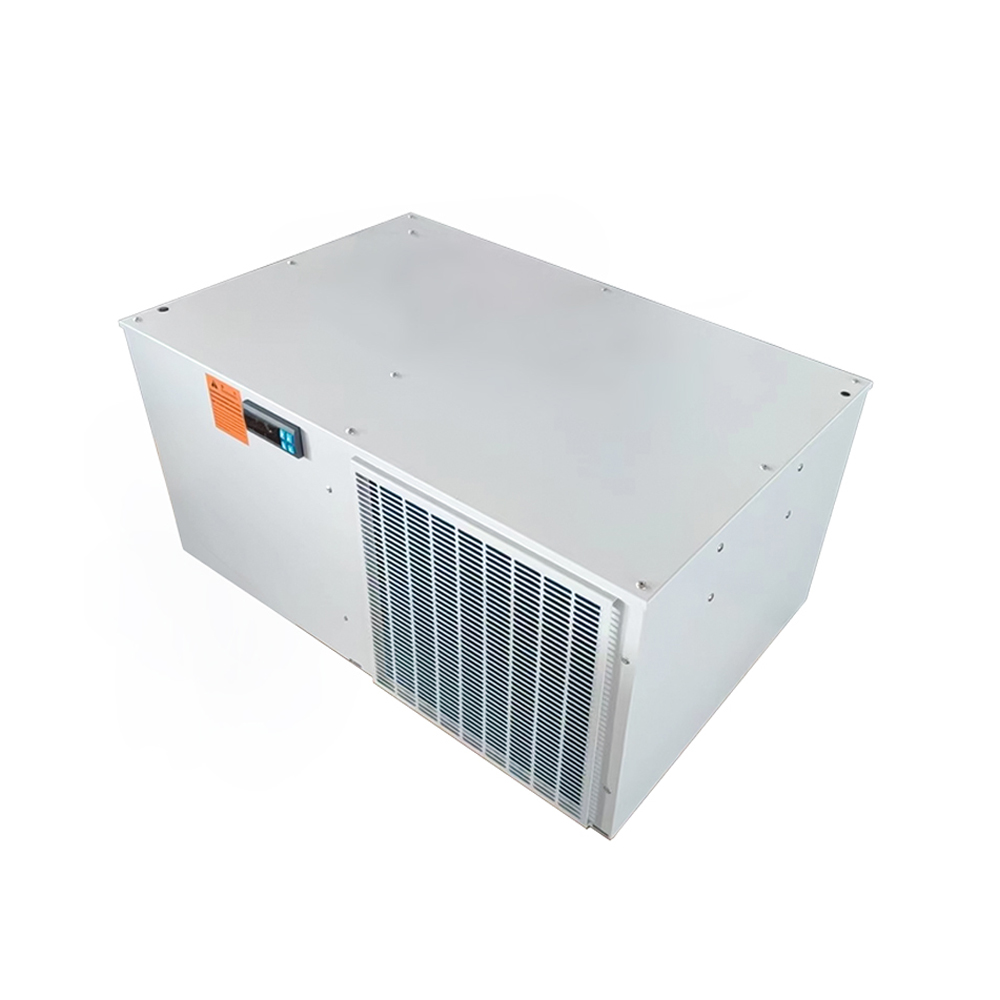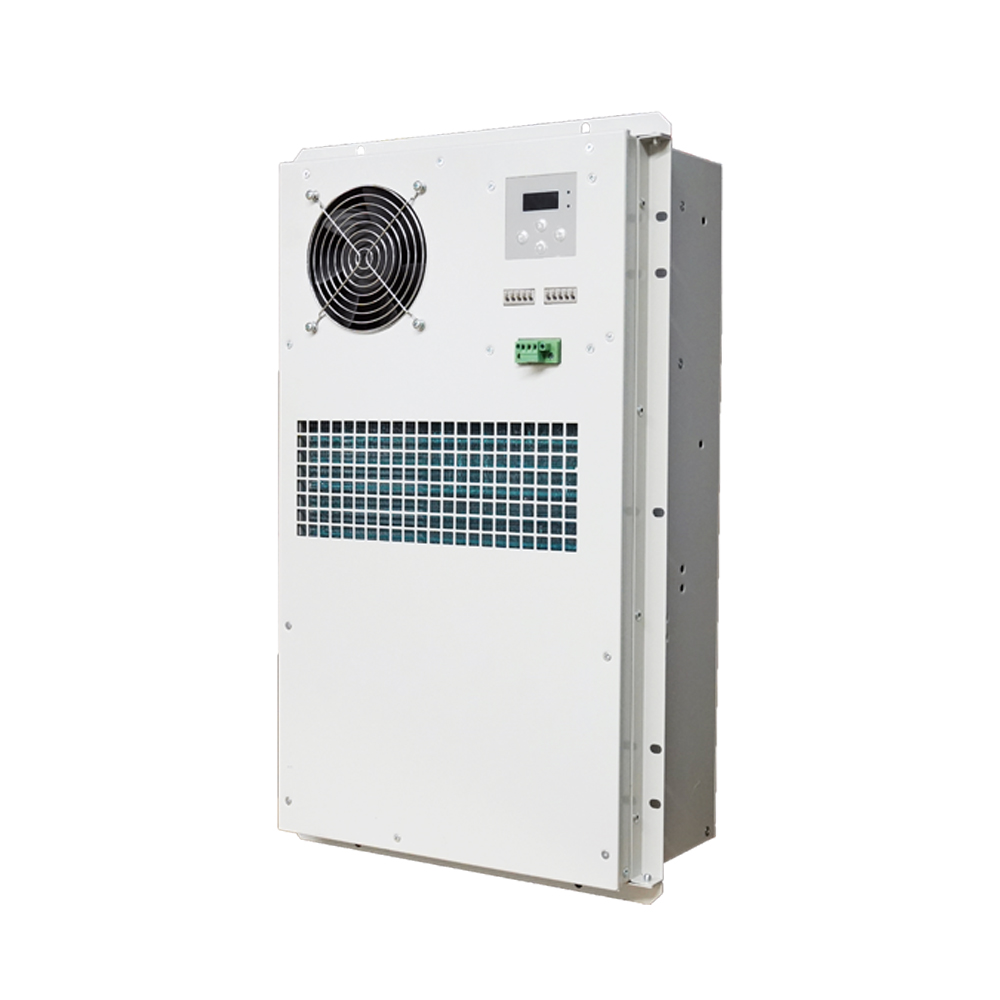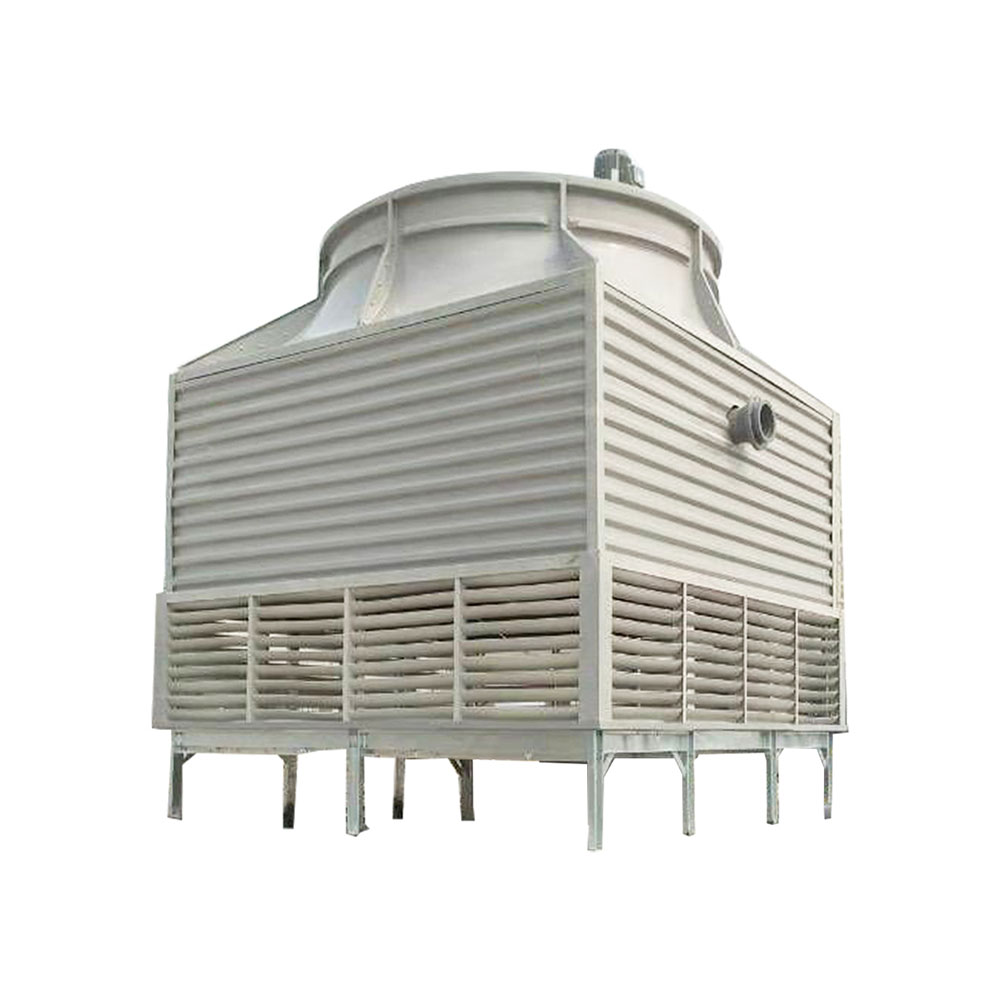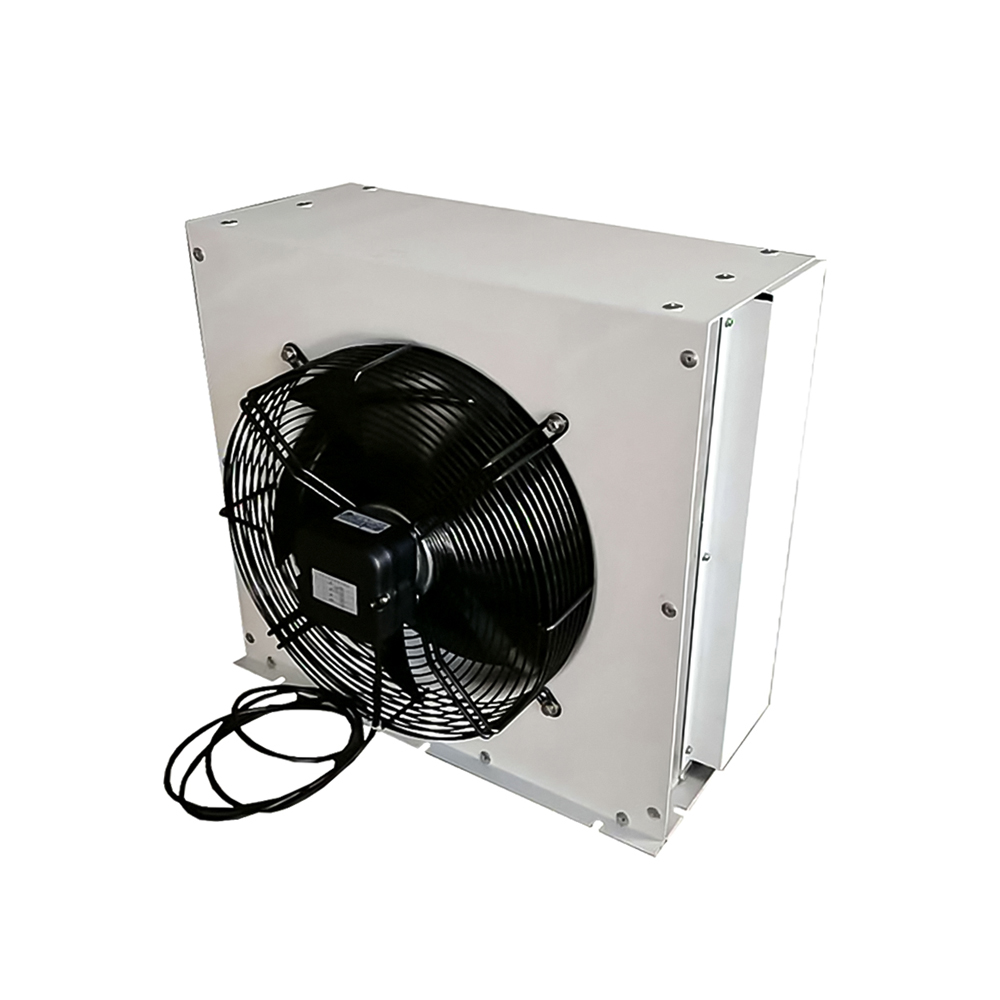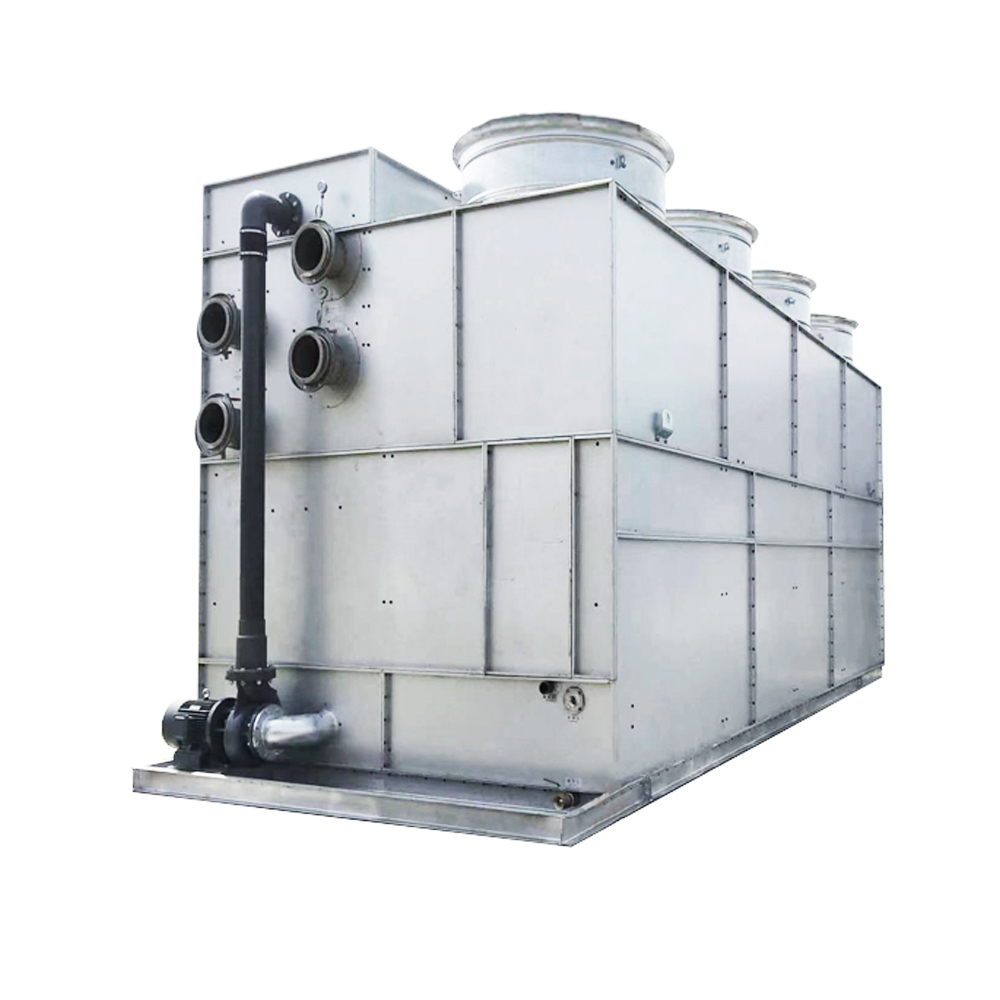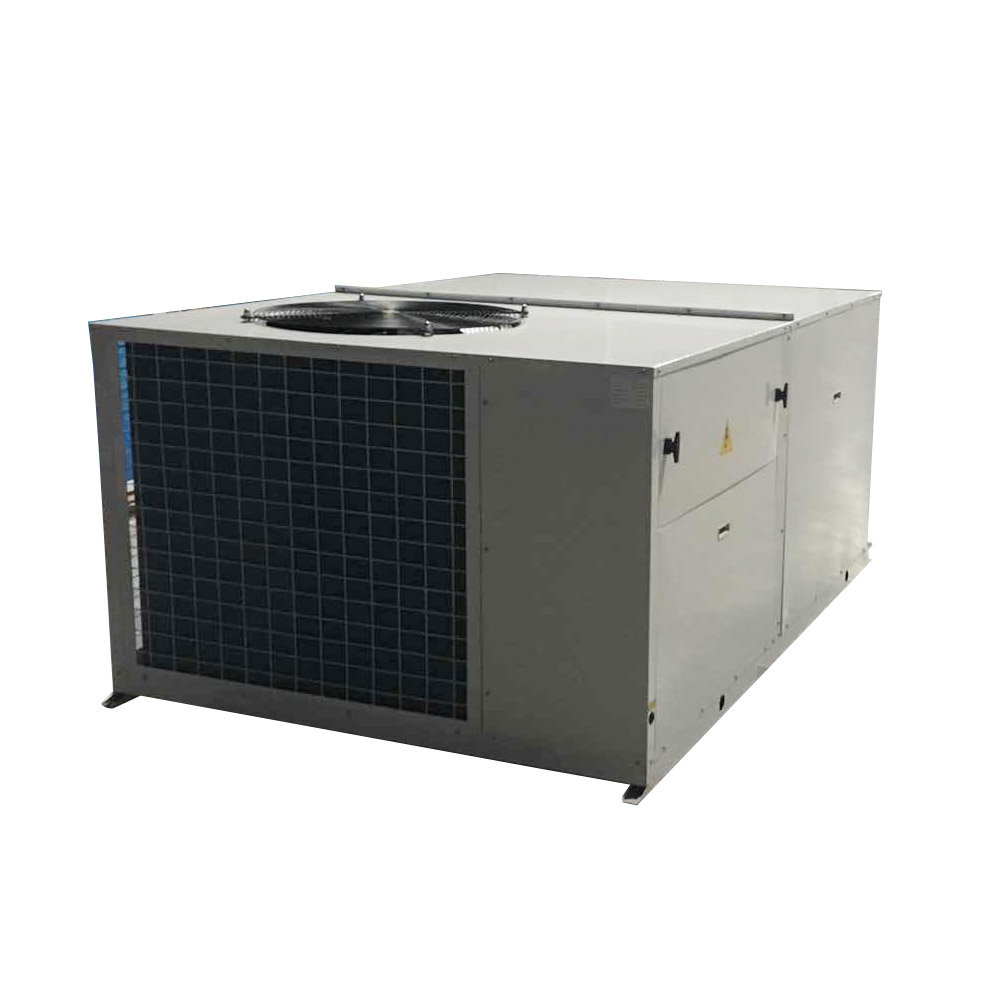This comprehensive guide explores everything you need to know about ceiling air handlers, from understanding their functionality to selecting the perfect model for your needs. We'll cover key features, installation considerations, maintenance tips, and common troubleshooting issues to help you make an informed decision. This guide will help you navigate the world of ceiling air handlers with confidence.
What is a Ceiling Air Handler?
A ceiling air handler is a crucial component of a forced-air heating and cooling system. Unlike a self-contained unit, it works in conjunction with an outdoor unit (typically a heat pump or air conditioner) to circulate conditioned air throughout your building. The ceiling air handler itself contains a blower, evaporator coil (for cooling), and sometimes a heating coil or furnace (for heating). Its location, typically in the ceiling, allows for efficient air distribution throughout the space.
Key Features to Consider When Choosing a Ceiling Air Handler
Heating and Cooling Capacity (BTU/hr)
The BTU (British Thermal Unit) rating indicates the heating and cooling capacity of the ceiling air handler. This needs to be appropriately sized to your space to ensure optimal performance and energy efficiency. Undersized units will struggle to heat or cool effectively, while oversized units will cycle on and off frequently, leading to discomfort and increased energy bills. Consider consulting an HVAC professional for accurate sizing based on your space's square footage, insulation levels, and climate.
Airflow (CFM)
CFM (Cubic Feet per Minute) measures the volume of air the ceiling air handler moves. Higher CFM ratings ensure faster and more even air distribution. However, excessive airflow can lead to noise and discomfort. A balanced CFM rating appropriate for your space is key.
Efficiency Ratings (SEER and HSPF)
The Seasonal Energy Efficiency Ratio (SEER) and Heating Seasonal Performance Factor (HSPF) are vital indicators of a ceiling air handler's energy efficiency. Higher SEER and HSPF ratings mean lower energy consumption and reduced utility bills. Look for units with high ratings to minimize your environmental impact and save money.
Noise Levels
Noise is an important consideration, particularly for residential applications. Look for ceiling air handlers with low sound ratings (measured in sones) to ensure a comfortable environment.
Filtration System
Effective air filtration is crucial for indoor air quality. Choose a ceiling air handler with a high-quality filter system capable of trapping dust, pollen, and other airborne particles. Some models offer advanced filtration options, such as HEPA filters, for superior air purification.
Smart Features
Many modern ceiling air handlers offer smart features such as Wi-Fi connectivity, allowing for remote control and monitoring through a smartphone app. These features enhance convenience and provide valuable insights into your system's performance.
Installation and Maintenance
Proper installation of a ceiling air handler is critical for optimal performance and longevity. It's strongly recommended to hire a qualified HVAC professional for installation. Regular maintenance, including filter changes and annual inspections, is essential for maintaining efficiency and preventing costly repairs.
Troubleshooting Common Issues
While ceiling air handlers are generally reliable, occasional issues can arise. Common problems include insufficient heating or cooling, unusual noises, and leaks. Refer to your ceiling air handler's manual for troubleshooting tips or consult a qualified technician for repairs.
Choosing the Right Ceiling Air Handler for Your Needs
Selecting the ideal ceiling air handler depends on various factors, including the size of your space, your budget, and your specific climate. Considering the features discussed above and consulting with an HVAC specialist will guide you toward making the best choice for your home or business. For high-quality, efficient, and reliable ceiling air handlers, explore options from reputable manufacturers like those available at Shanghai SHENGLIN M&E Technology Co.,Ltd. They offer a wide range of products to meet diverse needs.
Comparison Table: Key Features of Different Ceiling Air Handler Models (Example - Data needs to be replaced with actual product data)
| Model | BTU/hr | CFM | SEER | HSPF |
| Model A | 18,000 | 400 | 16 | 9 |
| Model B | 24,000 | 500 | 18 | 9.5 |
| Model C | 30,000 | 600 | 20 | 10 |
Note: This table is for illustrative purposes only. Actual specifications will vary depending on the manufacturer and model. Always consult the manufacturer's specifications for accurate information.









